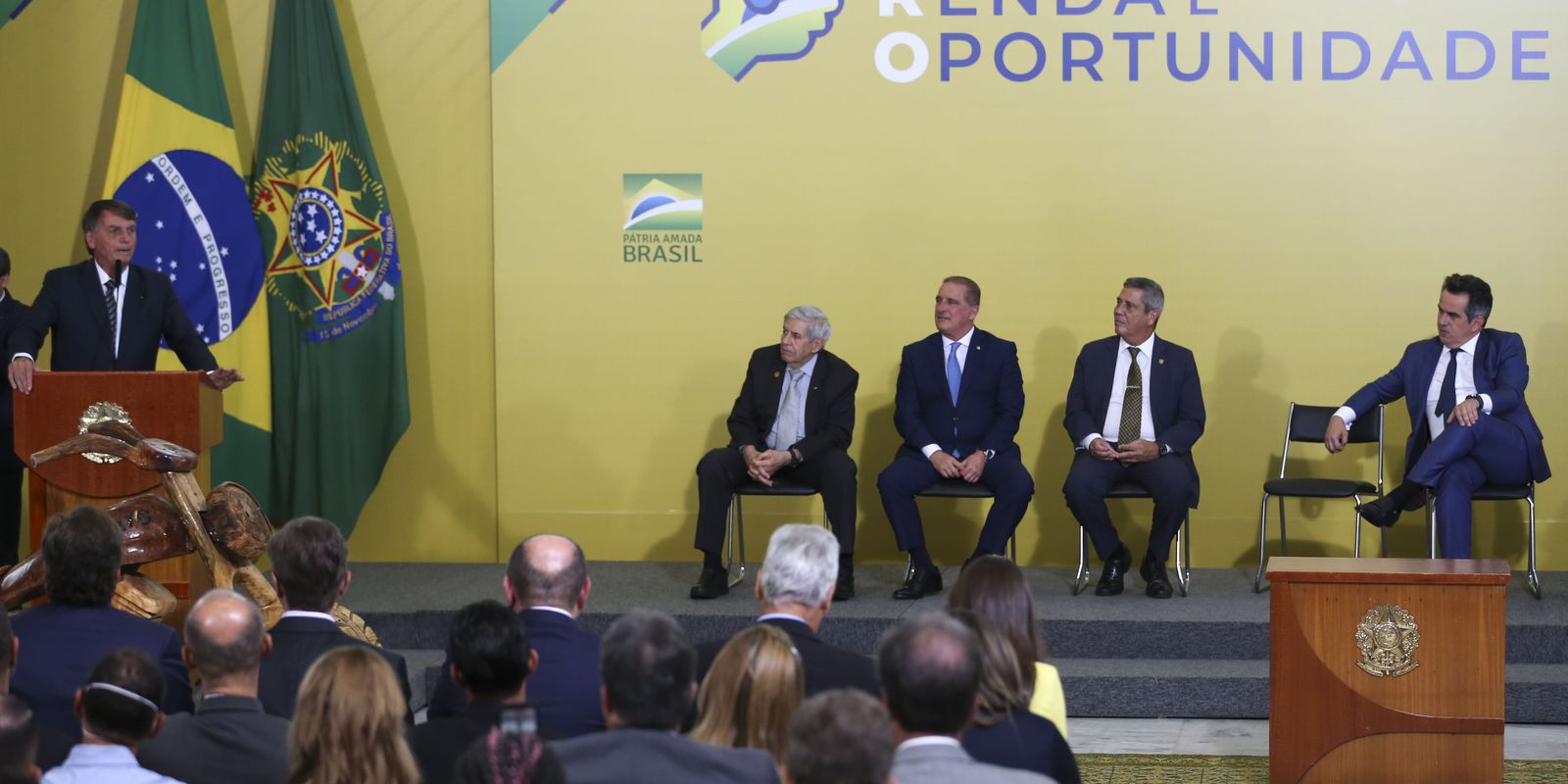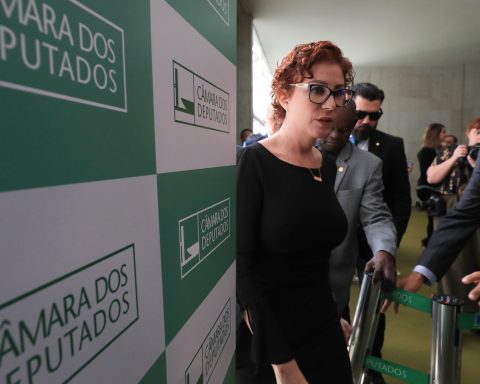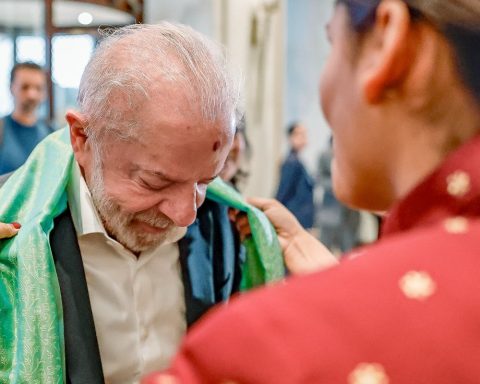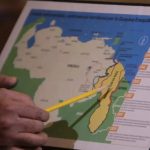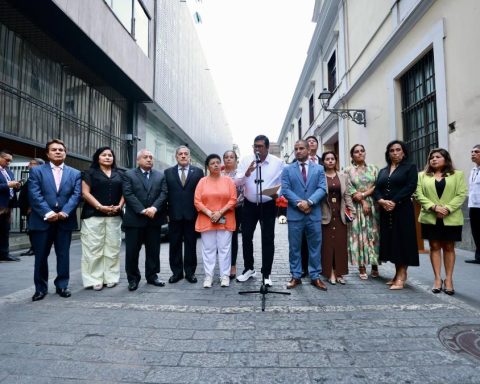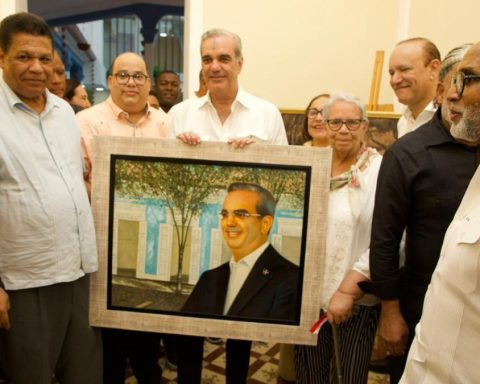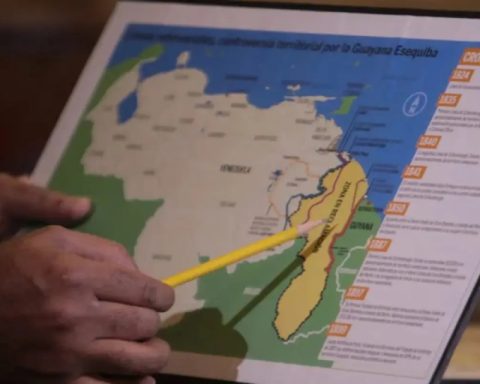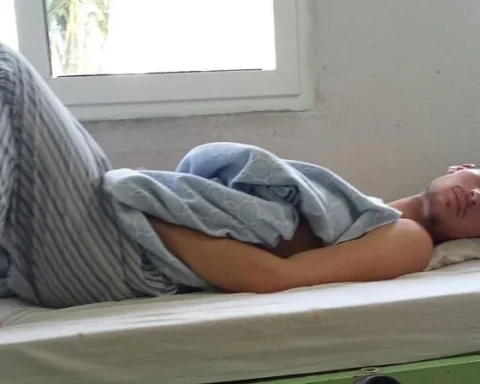The federal government presented today (25) two provisional measures (MP) to regulate remote work, promote changes in the food allowance and also with actions such as the anticipation of vacations or benefits as an allowance for workers, in the event of a situation of calamity. The measures are part of the Income and Opportunity Program and, according to the government, aim to help the economy recover.
As the MPs have the force of law, they start to take effect from the publication in the Official Diary of the Union. But to become a definitive law, they must be approved by the National Congress.
The first measure deals with remote work, also called telework. Among the changes in remote work, there is the regulation of the modality that can be carried out in the hybrid model and in hiring with journey control or production.
The adoption of this regime may be agreed between the employer and the worker and must follow rules already provided for in the legislation. In the case of journey control, rules such as intraday, payment of overtime, etc., continue to apply.
In the case of work by production, the MP provides that the provision for control of working hours is not applied in the contract, as provided for in the labor legislation. In addition, the text provides for the reimbursement by the company to the worker of any expenses due to remote work, such as costs with internet, electricity, among others.
The MP also defines the rules applicable to teleworkers who move to a location other than the location where they were hired. In these cases, the text says that for the purposes of telework, the legislation is valid for the worker who signed the contract.
During a ceremony at Palácio do Planalto to talk about the measures, the Minister of Labor and Welfare, Onyx Lorenzoni, said that the covid-19 pandemic showed the need to regulate remote work in several areas of activity. The ministry’s estimate is that the pandemic has pushed about 8 million workers into remote work.
“During the pandemic, we learned another potential to be explored in remote work in Brazil. In several activities, it was discovered that the worker responds, sometimes, even with greater productivity outside the company’s physical location”, said the minister during the ceremony at the Planalto Palace.
According to the minister, the MP gives preference for the remote regime to be adopted by mothers and fathers of small children up to four years old or with children with disabilities.
Food aid
In the case of food aid, the provisional measure guarantees that the resources are effectively used to purchase foodstuffs and seeks to correct this existing market distortion in the contracting of supplier companies.
According to the minister, the government detected that the aid was being used for other purposes such as payments for gyms, cable TV, among others.
The government also discovered that there were problems in the transfer of resources between companies that operate this type of aid, with the cost being transferred to the worker. In other words, companies operating food allowances offered discounts to businesses, but later charged fees to places where food aid is received, such as restaurants and supermarkets. These fees ended up being built into the price charged to the worker.
With the change, the MP starts to prohibit the granting of discount. The measure applies both to food aid, provided for in the Consolidation of Labor Laws (CLT), and to the Worker’s Food Program, which operates through meal vouchers and food stamps.
The government’s expectation is that the MP will allow an impact on the value of meals, reducing their price, as well as that of foodstuffs.
calamities
In relation to calamities, the MP allows public authorities, national, state or municipal, to adopt a series of measures such as facilitating the teleworking regime, anticipation of individual and collective vacations, the use and anticipation of holidays and the advance withdrawal of benefits.
In the government’s assessment, the MP provides a “package of tools” to be used in these situations. Lorenzoni said the measure, which has been discussed with the judiciary over the past two years, aims to provide legal certainty for companies and workers.
“The MP is for us to have a clear, effective roadmap to be able to respond to these challenges. These are tools that can be used, but that were dispersed in the legislation. We focused this on an MP that allows quick measures to be taken, from the construction of a bank of hours that is used as credit for the hours not worked, also going through the anticipation of holidays and vacations”, he said.
During the ceremony, the Digital Path Program was also launched. The program will offer, through virtual courses, digital training and professional insertion to participants. The project, developed in partnership with Microsoft Brazil, should offer more than 40 free courses in digital skills. The government’s expectation is that more than 5 million workers will be trained.
